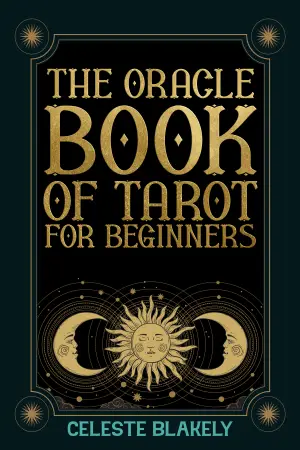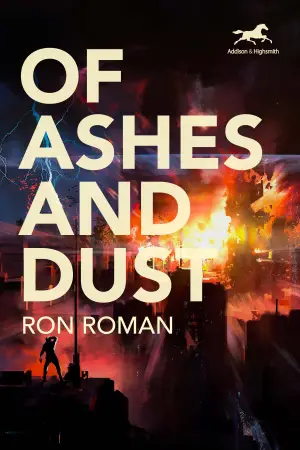Book Review: Fahrenheit 451 by Ray Bradbury
Anyone who knows me can attest to my love for dystopian literature, so it’s no surprise that Ray Bradbury’s Fahrenheit 451 captured my heart from the very first page. A tale of a future that seems scarily prescient, Bradbury delves into the consequences of censorship and mindless conformity with a vividness that lingers long after the last page is turned.
At the heart of this novel is Guy Montag, a fireman whose job is to burn books—a chilling role reversal that underscores the dangers of a society that shuns knowledge. From the outset, Montag embodies the conflict between conformity and individuality. He’s initially proud of his profession, reveling in the flames that consume literature. But oh, how a simple encounter with his inquisitive neighbor, Clarisse, ignites a fire of curiosity within him! Her questioning nature shatters his banal existence and prompts him to confront the deeper truths of his life.
Bradbury’s writing is nothing short of lyrical; his prose dances on the edge of poetic while remaining accessible. The pacing is brisk, captivating me as I scrambled to catch every revelation Montag experiences. One particularly haunting line—“It was a pleasure to burn”—stayed with me, a stark reminder of the seductive allure of destruction over creation. This juxtaposition of pleasure and pain permeates the narrative, inviting readers to reflect on their own society’s tendencies to gravitate towards the easy allure of entertainment over intellectual engagement.
In addition to Montag, who serves as a flawed but relatable protagonist, the supporting characters enrich the story. Mildred, Montag’s wife, epitomizes societal complacency, choosing shallow escapism over meaningful connection. On the other hand, the conflicted Captain Beatty embodies intellectual rebellion masked in conformity—an antagonist both compelling and chilling. Their interactions brought depth to the themes of censorship, control, and the human spirit, tugging at my emotions and compelling me to question my own digital consumption in today’s media-saturated landscape.
As I reflected on the vibrant metaphor of fire, I found Bradbury’s cautionary tale all the more impactful. It spoke not only to the fear of losing knowledge but also to the fear of becoming numb in a world fulled with distractions. The idea that books harbor ideas powerful enough to challenge societal norms resonates strongly in today’s climate.
In conclusion, Fahrenheit 451 is a must-read for anyone who loves literature or values freedom of thought. Whether you’re drawn to its poetic prose, compelling narrative arcs, or the timeless nature of its themes, it holds something for everyone. It’s a reminder that the battle between knowledge and ignorance is ongoing, and it left me feeling inspired to engage more deeply with the world around me. If you’re curious about the consequences of a world that burns books and shuns ideas, Bradbury’s classic could very well reshape your understanding of literature—and perhaps even yourself.

















